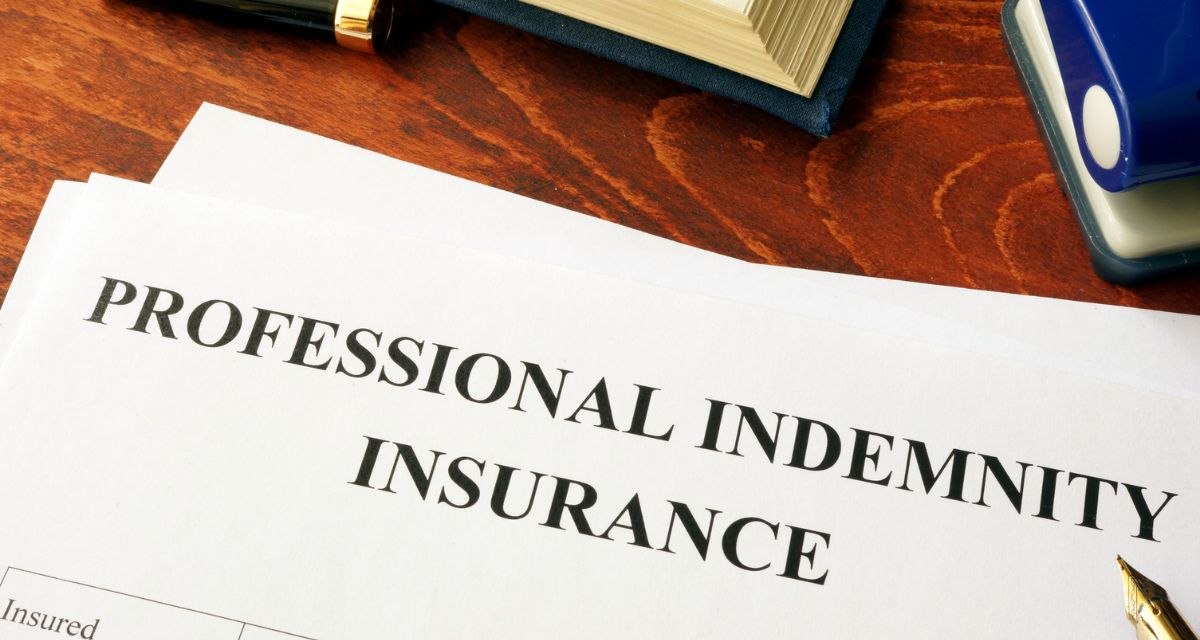In the dynamic landscape of business, uncertainties and risks are inherent. One vital aspect of risk management for professionals and businesses is Professional Indemnity Insurance (PII). This specialized coverage is designed to protect businesses and individuals against legal and financial consequences arising from professional negligence, errors, or omissions. This comprehensive guide explores the key considerations, types of coverage, and essential steps involved in choosing the right Professional Indemnity Insurance for your business.
Understanding Professional Indemnity Insurance (PII)
- Defining Professional Negligence:
- PII specifically addresses claims of professional negligence, which can arise when a business or professional fails to meet the standard of care expected in their industry, leading to financial loss or harm to a client.
- Scope of Coverage:
- PII covers legal costs, including defense expenses and potential settlements or judgments, in the event of a covered claim. It provides financial protection, allowing businesses to continue operations without significant disruption.
Key Considerations for Choosing PII
- Industry-Specific Needs:
- Different industries have unique risks and requirements. Tailor your PII policy to address the specific needs and exposures of your industry. Professionals in healthcare, law, technology, and finance may require different coverage considerations.
- Policy Limits:
- Assess the potential financial impact of a claim on your business and choose policy limits that adequately cover your exposure. Consider factors such as the size of your contracts, the nature of your services, and the potential severity of a claim.
- Coverage Exclusions and Inclusions:
- Carefully review the policy to understand both the inclusions and exclusions. Ensure that the coverage aligns with your business activities and that you are aware of any limitations that may apply.
- Retroactive Date:
- The retroactive date is crucial and denotes the start date from which the policy covers past work. Choosing an appropriate retroactive date ensures that your PII policy protects against claims related to past professional activities.
- Claims-Made vs. Occurrence-Based Policies:
- Understand the difference between claims-made and occurrence-based policies. Claims-made policies cover claims made during the policy period, while occurrence-based policies cover claims arising from incidents that occurred during the policy period, regardless of when the claim is made.
Industries and Professions Requiring PII
- Medical and Healthcare Professionals:
- Physicians, surgeons, and other healthcare practitioners require PII to protect against claims of malpractice or negligence.
- Legal Professionals:
- Lawyers and law firms need PII to safeguard against claims of professional misconduct, errors, or omissions in legal services.
- Technology and IT Services:
- IT consultants, software developers, and technology professionals benefit from PII to address claims related to system failures, data breaches, or software errors.
- Financial and Accounting Services:
- Accountants, financial advisors, and auditors should have PII to mitigate risks associated with financial errors, inaccuracies, or mismanagement.
- Architects and Engineers:
- Professionals in the architecture and engineering industries require PII to protect against claims arising from design flaws, project delays, or construction defects.
Steps to Choose the Right PII for Your Business
- Risk Assessment:
- Conduct a thorough risk assessment to identify potential professional liabilities and the financial impact of a claim on your business.
- Industry Regulations:
- Be aware of industry-specific regulations and requirements regarding PII. Ensure that your coverage aligns with any regulatory obligations.
- Carrier Reputation:
- Choose a reputable insurance carrier with a history of reliability and responsiveness in handling claims. Research carrier reviews and ratings to gauge their reputation within the industry.
- Policy Flexibility:
- Opt for a PII policy that offers flexibility to adapt to the evolving needs of your business. Consider policies with options for adjusting coverage limits and endorsements based on your changing risk profile.
- Legal Support Services:
- Assess whether the insurance carrier provides access to legal support services. Having legal expertise at your disposal can be invaluable in navigating claims and ensuring a favorable resolution.
- Policy Costs and Deductibles:
- Balance the costs of the PII policy with your budgetary constraints. Evaluate deductibles and consider how they impact the overall affordability and value of the coverage.
Additional Considerations for Small Businesses
- Scale of Operations:
- Small businesses should choose PII coverage that aligns with the scale of their operations. Tailor coverage to address specific risks without overburdening the budget.
- Client Contracts:
- Review client contracts to understand any contractual requirements related to PII. Some clients may specify minimum coverage limits or other insurance-related obligations.
- Future Growth:
- Anticipate the future growth of your business and choose a PII policy that can accommodate the evolving needs of a growing enterprise.
Common Misconceptions About PII
- Only for Large Corporations:
- PII is essential for businesses of all sizes. Small and medium-sized enterprises are equally exposed to professional liabilities and can benefit significantly from this coverage.
- Redundant with General Liability Insurance:
- While general liability insurance provides broad coverage, PII specifically addresses claims of professional negligence, errors, or omissions, making it a necessary complement to general liability coverage.
- Not Necessary for Low-Risk Professions:
- Every profession, regardless of perceived risk, faces the potential for professional liabilities. PII is a prudent investment for all businesses engaged in professional services.
Conclusion
In conclusion, choosing the right Professional Indemnity Insurance is a critical step for businesses and professionals committed to mitigating the risks associated with professional negligence or errors. By understanding the key considerations, industry-specific needs, and steps involved in selecting the appropriate coverage, businesses can safeguard.
